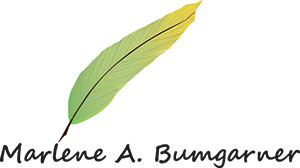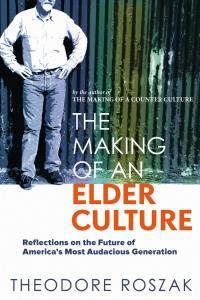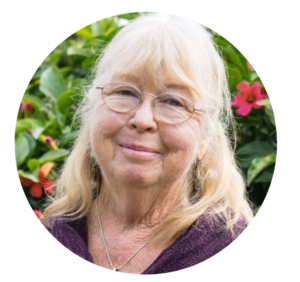What I’m Reading This Week
I’ve been thinking about the role of grandparents in our 21st century society, and this book was recommended to me as one which proposes some actions that “America’s Most Audacious Generation” might take to lead the US “toward a society of interdependence and compassionate entitlements.”
The first quoted passage above was that of the author; the second of a reviewer, Ernest Callenbach, author of Ecotopia.
The author of The Making of an Elder Culture, Theodore Roszak, has produced a broad range of written work. He wrote The Making of a Counter Culture in 1969, in which he set forth the social and historical reasons for the rise of the sixties counterculture, its intellectual foundation, and the way in which its participants’ values influenced a new cultural ethos, which in turn influenced others. The 20 books in between these two, which I admit I haven’t read yet but plan to, have titles such as The Cult of Information, Where the Wasteland Ends, and Ecospsychology.
In his latest book, Roszak promotes the idea that the Baby Boomers aren’t finished with their (our) counter culture revolution. Presumably we just set it down for a few decades while we built our careers and raised out families. He begins by chronicling the birth and youth of the boomer generation, then reviews a depressing history of destitute aging, the condition of most elderly people until the mid to late 1970s when the Medicare legislation signed into law by President Johnson began to have an impact on the lives of citizens over 65.
The Gray Panthers: Age and Youth in Action
It was about Page 71 that my interest really piqued. That was when Roszak introduced Maggie Kuhn, who founded the The Gray Panthers movement in 1972 to work for social and economic justice and peace. I had heard of this group in relationship to Vietnam War protests, but didn’t know the larger picture. Now I learned that Maggie was far more than a political activist. Roszak describes her as “an authentic elder convinced that that the old have a unique role to play in shaping the future.”
Here is a nugget of her philosophy:
We must act as the elders of the tribe, looking out for the best interests of the future and preserving the precious between the generations. . . . The old, having the benefit of life experience, the time to get things done, and the least to lose by sticking their necks out [are] in a perfect position to serve as advocates for the larger public good.
It’s clear where Roszak is going with this — Maggie Kuhn didn’t have enough people to work with — she couldn’t mobilize a gray haired army to march for the “larger public good.” But now the Boomers are retired and available, and he wants to mobilize them to do her work now.
Boomer Power: Elder Power
One of his goals is to stabilize compassionate entitlements, his umbrella term for Medicare, Social Security, ObamaCare and the like. Chapter 5 of his book provides the reader with a detailed history of entitlements, including the demographics of their supporters and detractors. His point is that as the boomer generation continues to age, the voting block supporting finding a way to pay for dignified aging will grow in size.
Interdependence is his other goal, one that I can really get my teeth into. The idea of the generations actually working together to support one another’s needs is the stuff of Utopia, and I love it.
I have seen organizations featuring elders working together, for example this UK-based endeavor: Grandparents for a Safe Earth. The David Suzuki Foundation features a blog titled The Silver Tsunami that begins “Its time for elders to step forward and play a stronger role in addressing serious global environmental changes.” But where are young people and elders working together to address Big Questions?
I sat down today and started a list of interesting pursuits that elders and youth could undertake in my community. I thought of designing and building intergenerational residential communities; forming intergenerational work groups to build gardens, child care centers, playgrounds; having intergenerational conversations about sustainable living at the city, county, state, and federal levels. Freecycle.com, Community Supported Agriculture food boxes, farmer’s markets and food co-ops are all intergenerational enterprises, some of which grew out of the 60s.
What better encore for America’s most audacious generation?
***********
What do you think of Roszak’s idea of an elder culture? Maggie Kuhn’s idea of advocates for the larger public good?
Are you involved with any intergenerational endeavors that you’d like to share with other readers? Any that you have thought about but haven’t tried yet? I’d love to hear about them.
***********
Would you like to receive my post each week in your e-mail box? Just add your email address to the form at the top of my page.
Share this post




